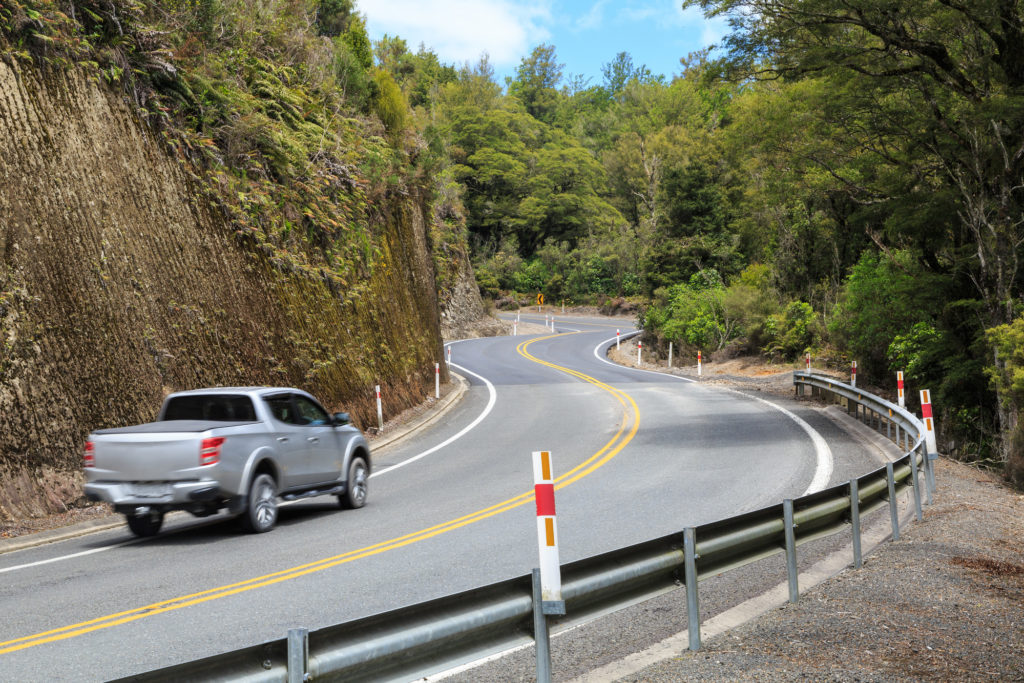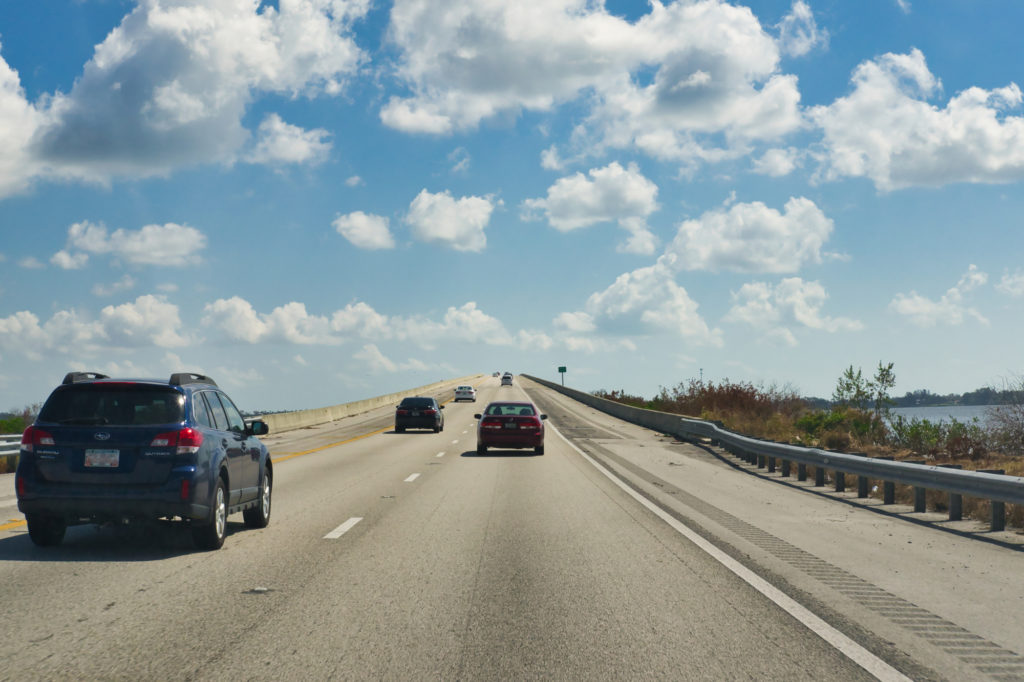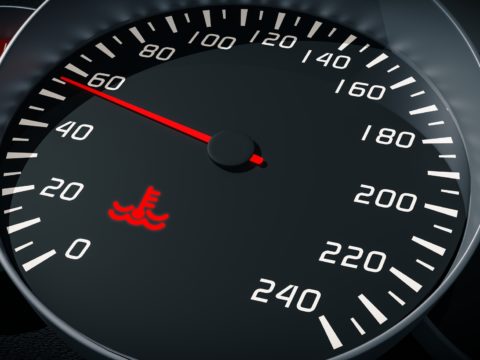Here’s the scenario. You’re cruising along fine, and then you hit an incline in the road. You press down on the gas pedal, but your car seems to lose power and slow down instead of going faster. This loss of power can be frustrating, especially if you’re trying to get up a hill or pass another car.
But what causes it? And more importantly, is there anything you can do about it?

Loss of Power in a Vehicle
While the loss of power in a vehicle can happen anytime and anywhere, it seems to happen more often when going uphill.
This power loss shouldn’t occur frequently, so if it’s happening to you often, there may be an underlying issue with your vehicle that needs to be addressed.
What Causes a Car to Lose Power on a HIll?
Unfortunately, there isn’t just one answer to this question. Various things can cause a car to lose power when going uphill, depending on the make and model of your vehicle and the current state of your vehicle.
Here are a few possibilities you should consider if this happens to you.
A Dirty Air Filter
One possibility is that the air filter in your car is dirty. The air filter’s job is to clean the air that enters the engine; if it’s not doing its job correctly, it can cause a loss of power.
This phenomenon happens because the engine isn’t getting the clean air it needs to run correctly.
Air filters have different lifespans, depending on the type of filter and how often you drive, but experts recommend that you replace them every 12 months or so. If it’s been a while since you’ve replaced your air filter, it may be time.
A Faulty Oxygen Sensor
Another possibility is that the oxygen sensor in your vehicle is faulty. The oxygen sensor monitors the amount of oxygen in the exhaust and sends that information to the engine control unit.
The engine control unit then adjusts the air-fuel mixture to ensure the engine runs efficiently.
If the oxygen sensor is faulty, it can cause the engine to run lean, so there isn’t enough fuel being mixed with the air. This issue can lead to a loss of power.
This loss of power is especially acute when going uphill because the engine has to work harder under more stress.
A Clogged Fuel Filter
If the fuel filter in your car is clogged, it can also cause a loss of power. The fuel filter’s job is to clean the fuel before entering the engine.
Over time, it can become clogged with dirt and debris, restricting fuel flow to the engine.
This clogging of the air filter can cause a loss of power because the engine isn’t getting the fuel it needs to run correctly. Fuel filters should be replaced every 12,000 miles or so.
An Engine That’s Overheating
An overheating engine will not only cause a loss of power but can also severely damage your vehicle if not addressed promptly.
There are various reasons why an engine might overheat, but one possibility is that the cooling system isn’t working correctly.
This issue could be because the radiator is dirty, the water pump isn’t working, or there could be a leak in the cooling system. Therefore, if your engine is overheating, it’s essential to get it checked out as soon as possible.

A Misfiring Engine
If the engine is misfiring, it can also cause a loss of power. The engine misfires when the spark plugs don’t ignite the fuel properly.
This misfire can be caused by various things, such as dirty spark plugs, a faulty ignition coil, or a problem with the fuel injectors.
Misfiring engines can also be caused by more severe issues, such as a blown head gasket or a cracked engine block. If your engine is misfiring, it’s essential to have it checked out by a mechanic to determine the cause.
A Bad Catalytic Converter
The catalytic converter is responsible for converting the emissions from the engine into less harmful substances.
If the catalytic converter fails, it can cause a loss of power because the motor cannot function as efficiently when the converter is not working correctly.
The catalytic converter is a vital part of the emissions system, so if it’s not working, you should have it fixed as soon as possible by either doing it yourself or taking it to a mechanic.
How to Fix Car Acceleration Problems
While there are several causes of car acceleration problems, there are also a few possible solutions to look at to get your car back up to speed.
Clean or Replace the Air Filter
If you think that the air filter might cause the problem, the first thing to do is clean or replace it. This solution is a relatively easy and inexpensive fix that can make a big difference.
You can pick up a new air filter at your local auto parts store.
Replace the Oxygen Sensor
If the oxygen sensor is the problem, you’ll need to either replace it or have a mechanic take care of it. Since replacing the oxygen sensor is a more complicated fix, it’s best to leave it to the professionals if you don’t have much experience doing it independently.
Replace the Fuel Filter
If the fuel filter is clogged, you’ll need to replace it with a new one. A new fuel filter will help ensure the fuel flows correctly and gets to the engine.
Fuel filters are relatively inexpensive and easy to replace, especially if you have experience working on cars.
Fix the Cooling System
Finally, if the cooling system is the problem, you’ll need to diagnose and fix the issue. Fixing the cooling system could mean flushing the radiator, replacing the water pump, or fixing a leak in the system.
If you’re not comfortable working on the cooling system, it’s best to take it to a mechanic so that they can properly diagnose and fix the problem.














